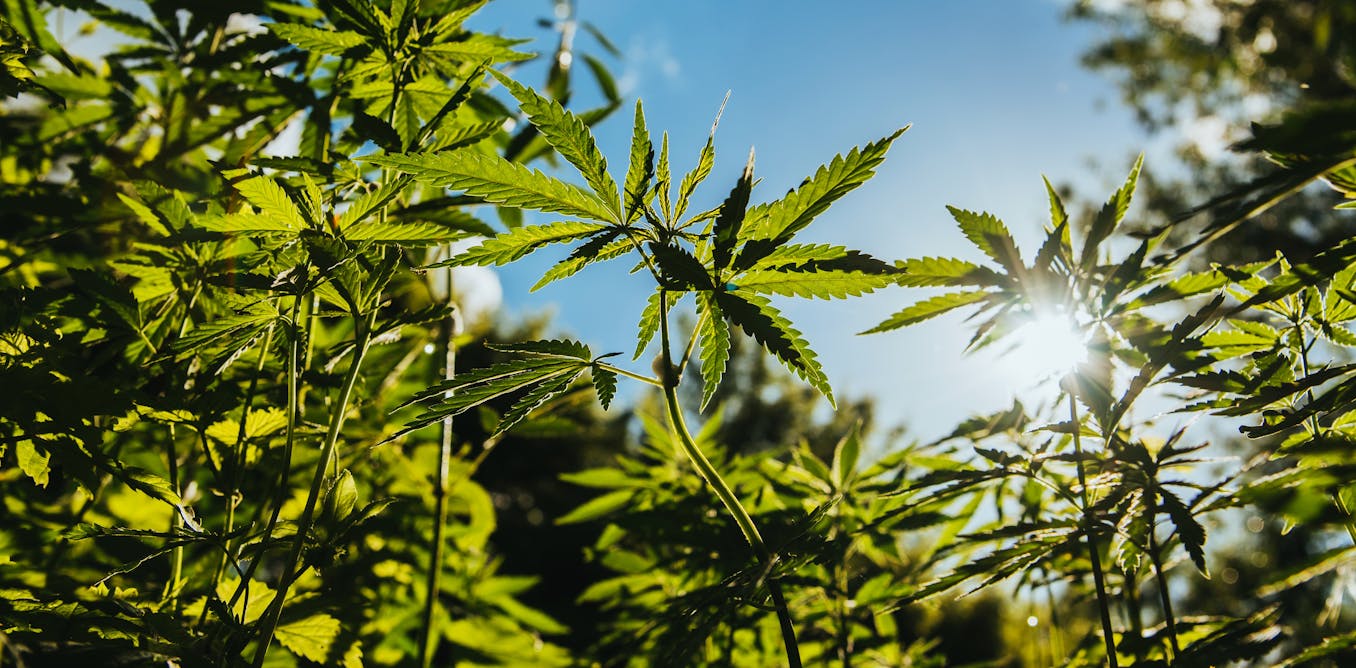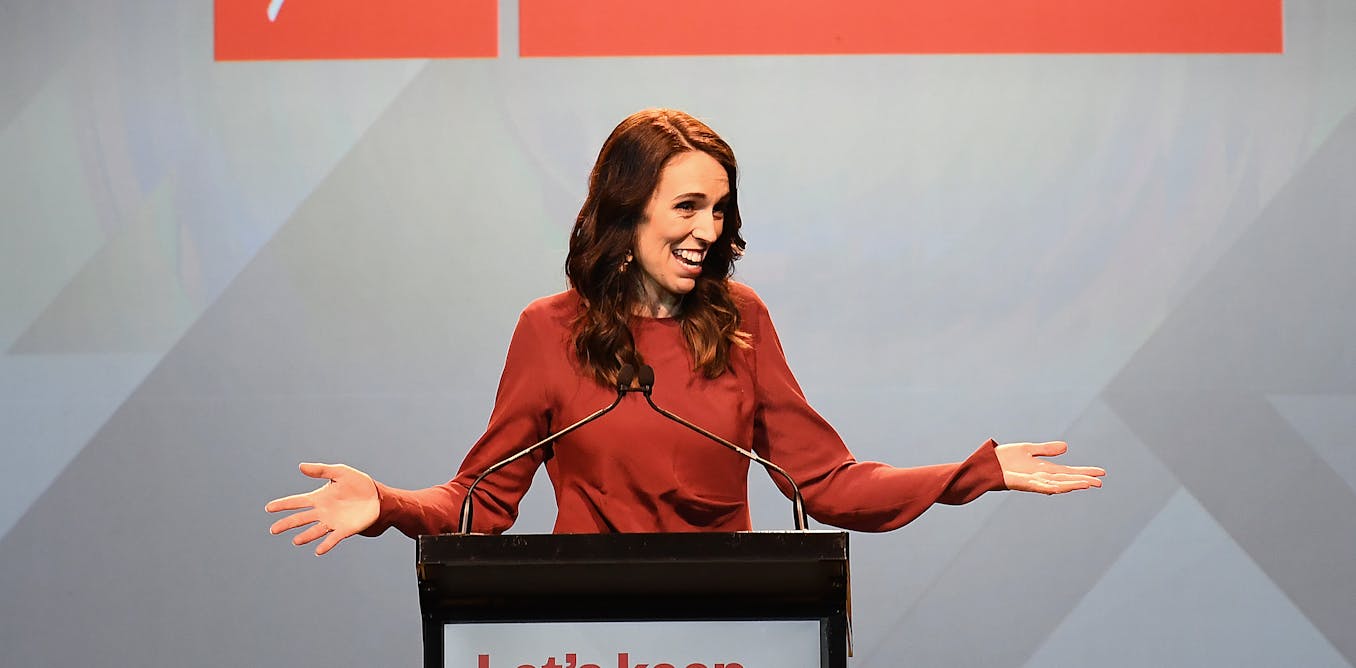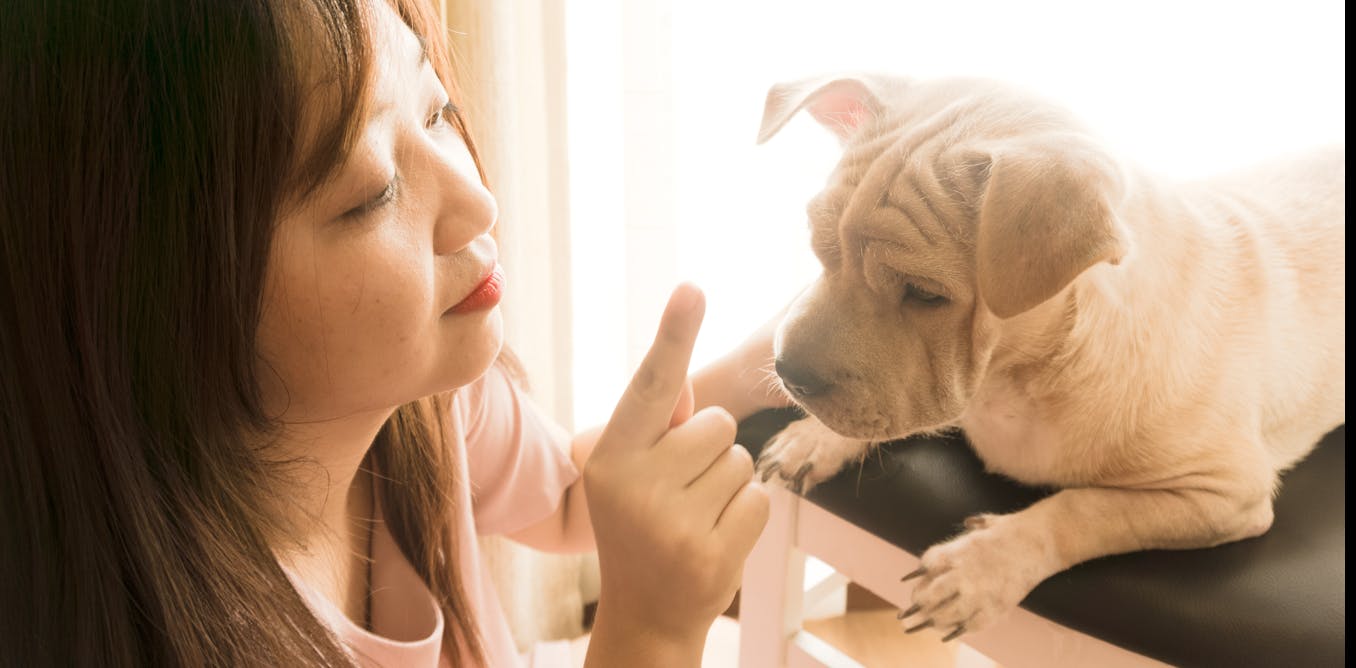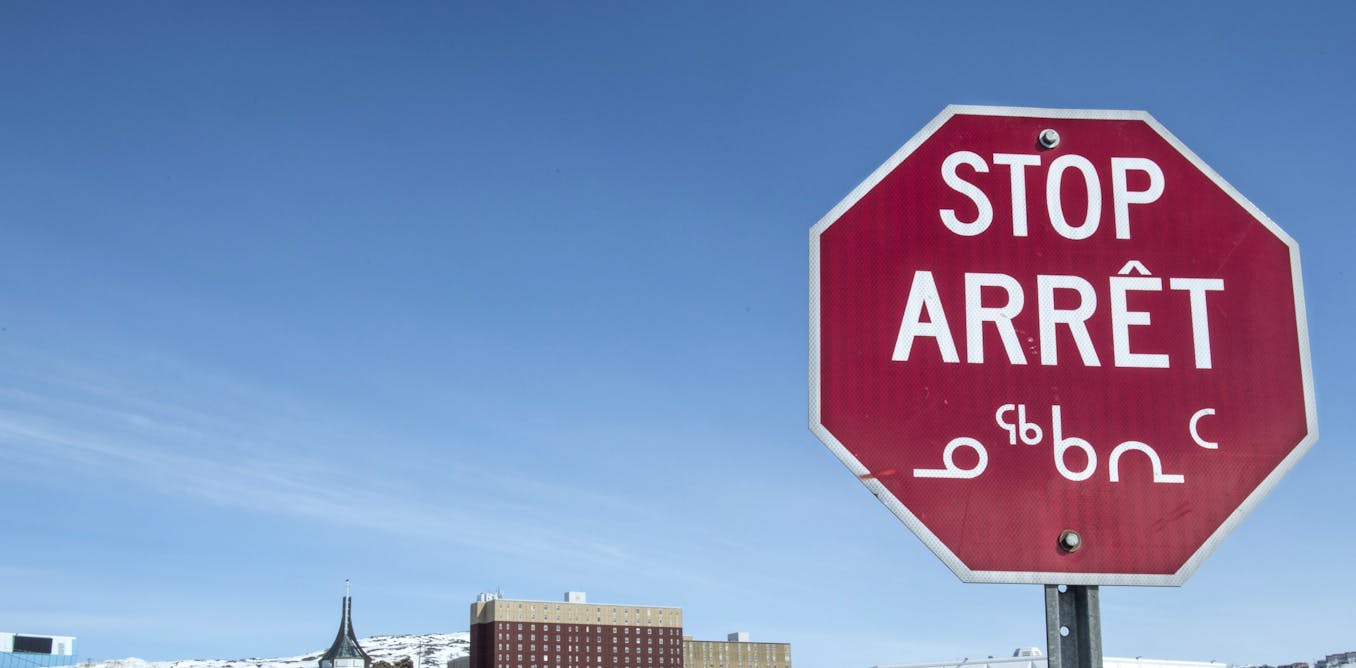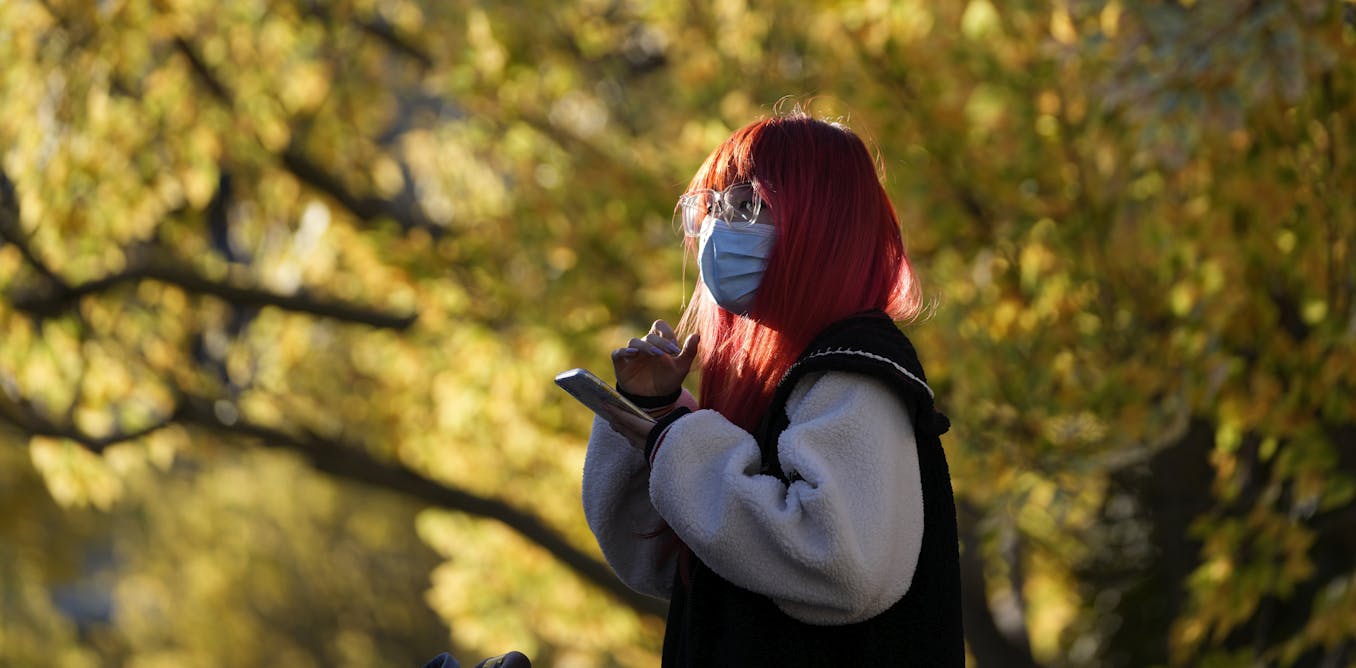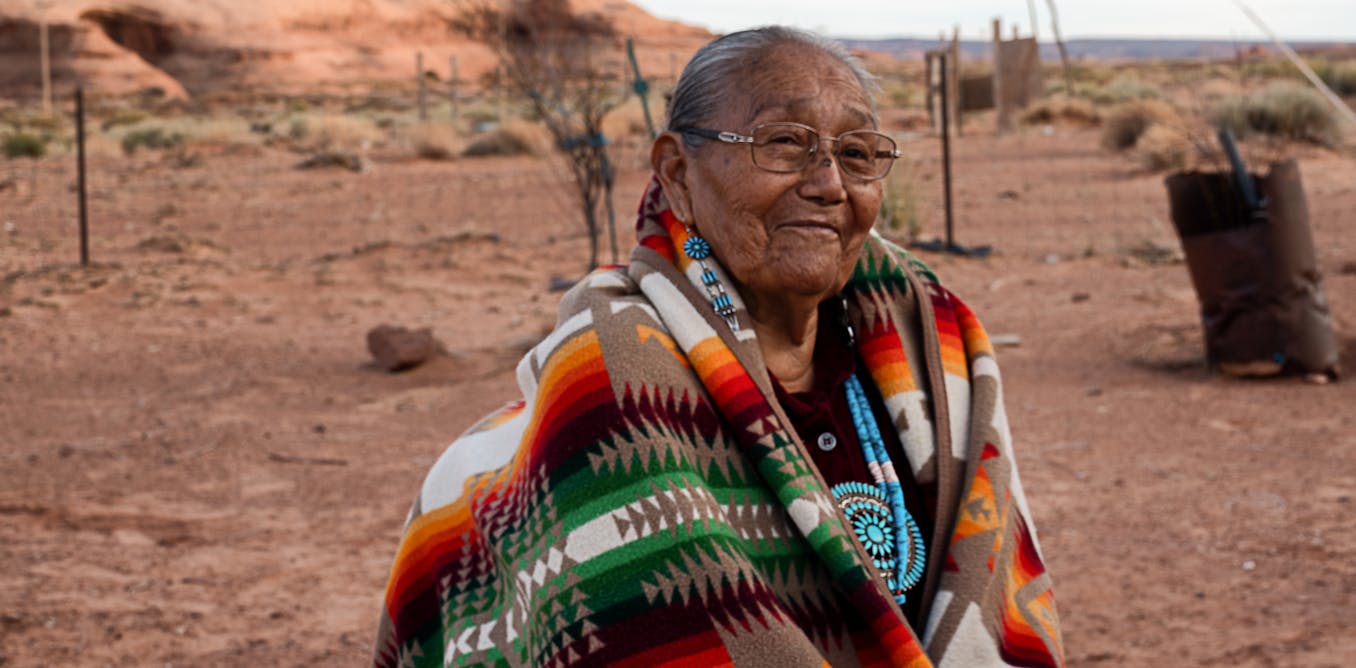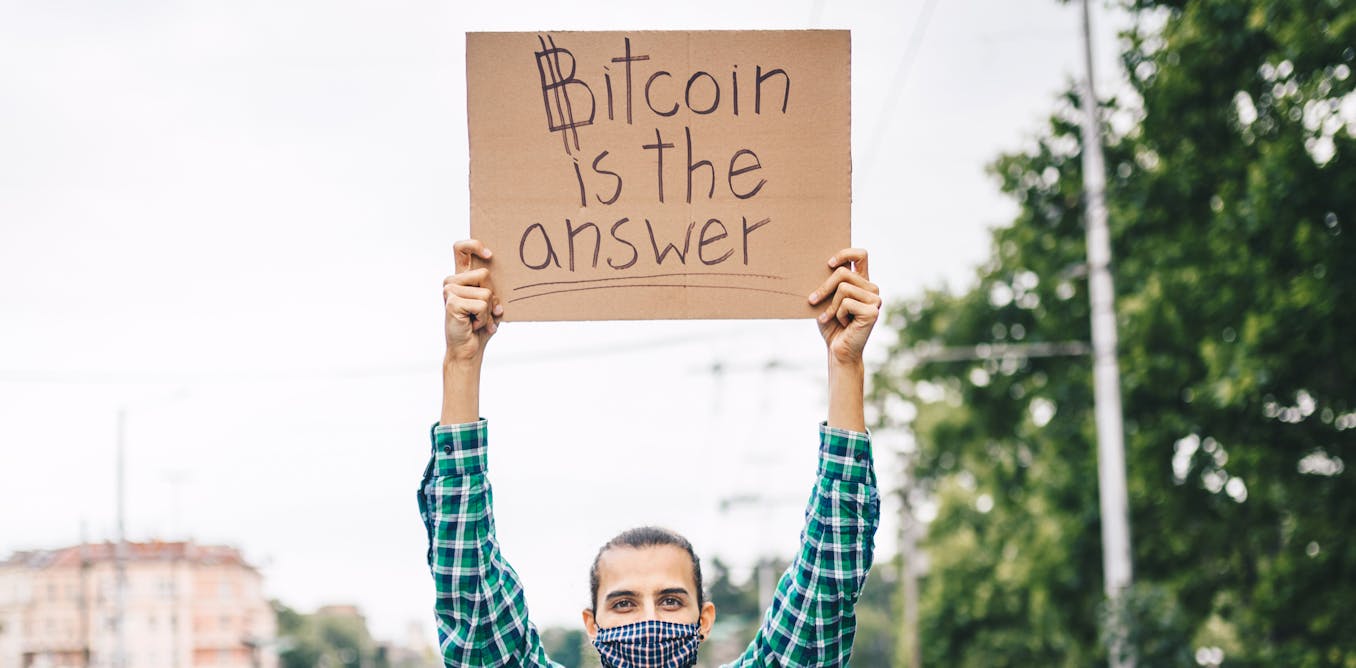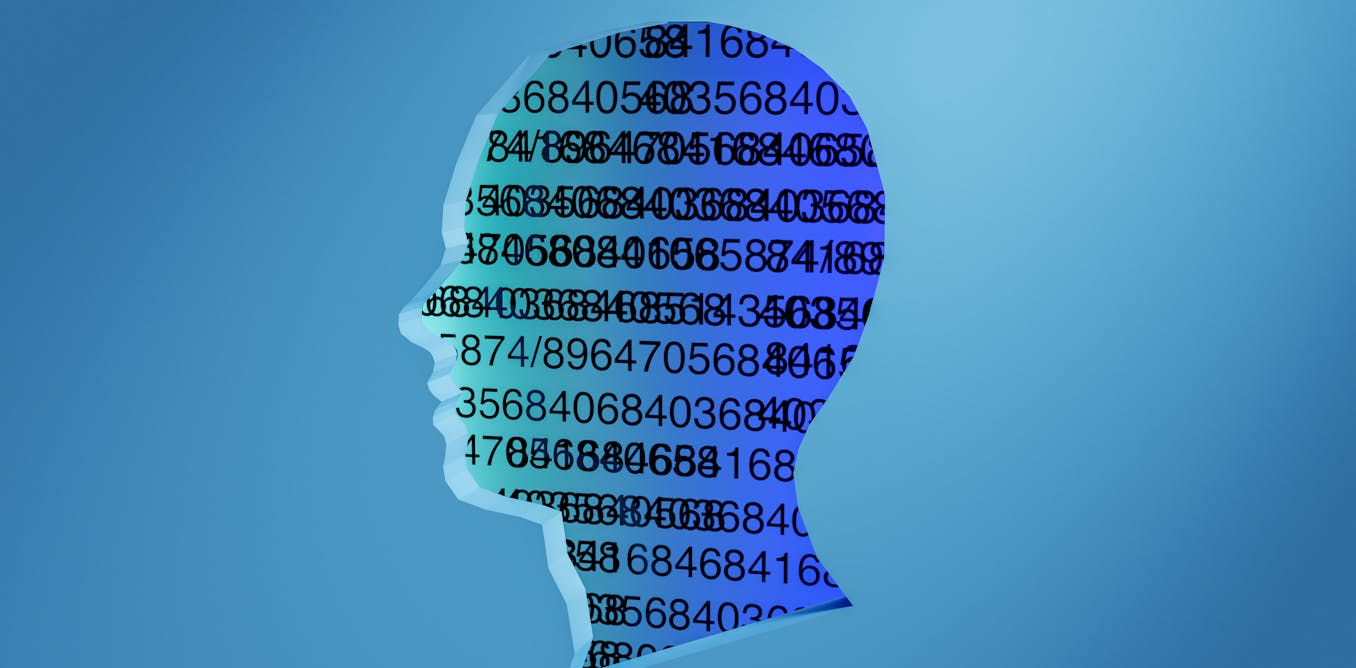The Reality of the Universal Health Coverage
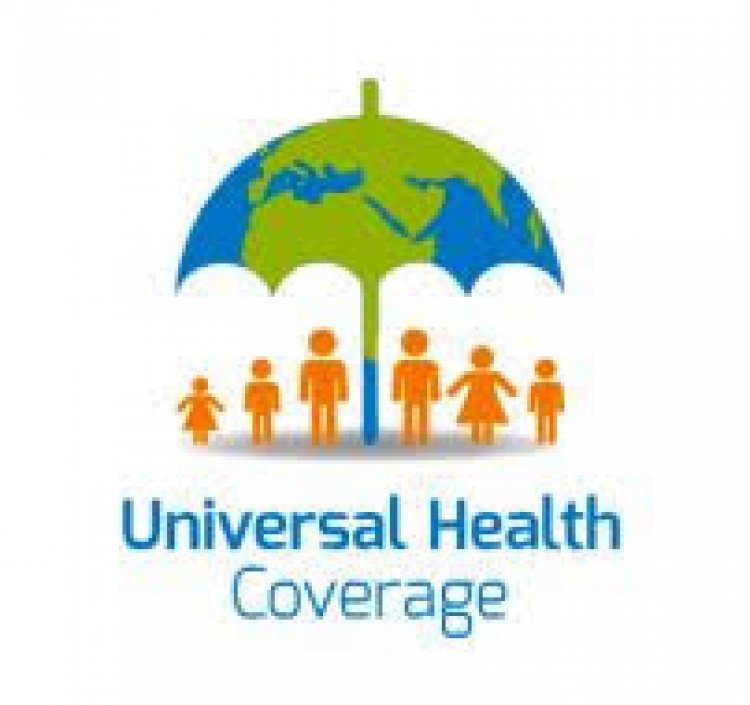
.
By Ngozi Perpetua Osuchukwu, PhD
.
The world all over celebrates International Health Coverage Day on 12th of December every year. This day reminds us of the necessities of life which are good health. Even the United Nations 2030 Agenda, Sustainable Development Goals (SDG) 3 emphasizes "Wellness and Good Health". The indication is that everyone has the right to good health at all times and everywhere. However, the real-life setting, especially in the developing countries shows unpleasant health systems, high cost of medical care, the inadequacy of health centers and low health insurance coverage.
The current COVID-19 and omicron variant clearly show the world who has top priority on the citizens and their health well-being. Even though the international and national health institutions have made efforts for inclusive health information and awareness, the gap is still very glaring, begging to be closed, to make people living in the developing countries to live. It breaks the heart to compare how organized countries provide immediate and quick medicare for their citizens in times of pandemic with that of the developing countries. Looking at it objectively, one would think that life is more valuable and sacred in certain countries than others. Where then is the Universal Health Coverage (UHC) mantra?
We all hear of cases of people with acute and chronic levels of different ailments, who cannot get medical care because they cannot afford it. Many poor pregnant women have died of complications giving birth in their homes because they could not afford antenatal care and hospital bills. Many children were not vaccinated and are exposed to diseases that ordinarily would have been prevented. Some have resorted to self-medication and "mixing" drugs in curing serious diseases. Moreso, those who braved it or were forced to be rushed to the hospitals during critical times could not pay their hospital bills. They are seized in the hospitals and made to sleep on the hospital floor until they pay their bills? Where is the Universal Health Coverage (UHC) mandate? There are even cases of corpses being ceased in mortuaries until the last hospital bill is paid.
It was in a novel by George Orwell, titled "Animal Farm" that the phrase "All animals are equal but some are more equal than others" cropped up. Could this be adjudged to the notion of Universal Health Coverage? Who gets it well and who gets it bad? Your thinking and my thinking may just be the same. We hear of health insurance and its benefits to mankind. How many people are aware of it? How many people are really assessing it? Does it include the men, women and children in the rural communities? Is it for the elite and the civil servants alone? Why does the basic right to health service seem to be the most expensive and non-accessible to many? Is it so difficult for the health systems to work for everyone and every group?
The Universal Health Coverage (UHC) calls on every government and nation to make medicare accessible for everybody. Everything is possible with the right mindset, good governance and a functional system. Besides, people and organizations have been known to help in reaching out for better healthcare and assisting with supports. Our people need available and accessible medicare, whenever and wherever. This thing can be turned around if the resources are genuinely pooled together. Nobody should be left behind in matters of good health. Let the service providers care for the people they rule. Let the philanthropists and people of good mind continue to create the world we want on safe health. Play your own part to make Universal Health Coverage a reality.
About the Author:
Ngozi Perpetua Osuchukwu is a Certified Librarian of Nigeria (CLN) with PhD in Library and Information Science. She is a Lecturer and a Development Practitioner. She is an advocate with interest in community information, health awareness and engagement, as well as social justice.
Dr. Ngozi has presented and published articles, wildly. She is passionate about information services and awareness.
What's Your Reaction?




















